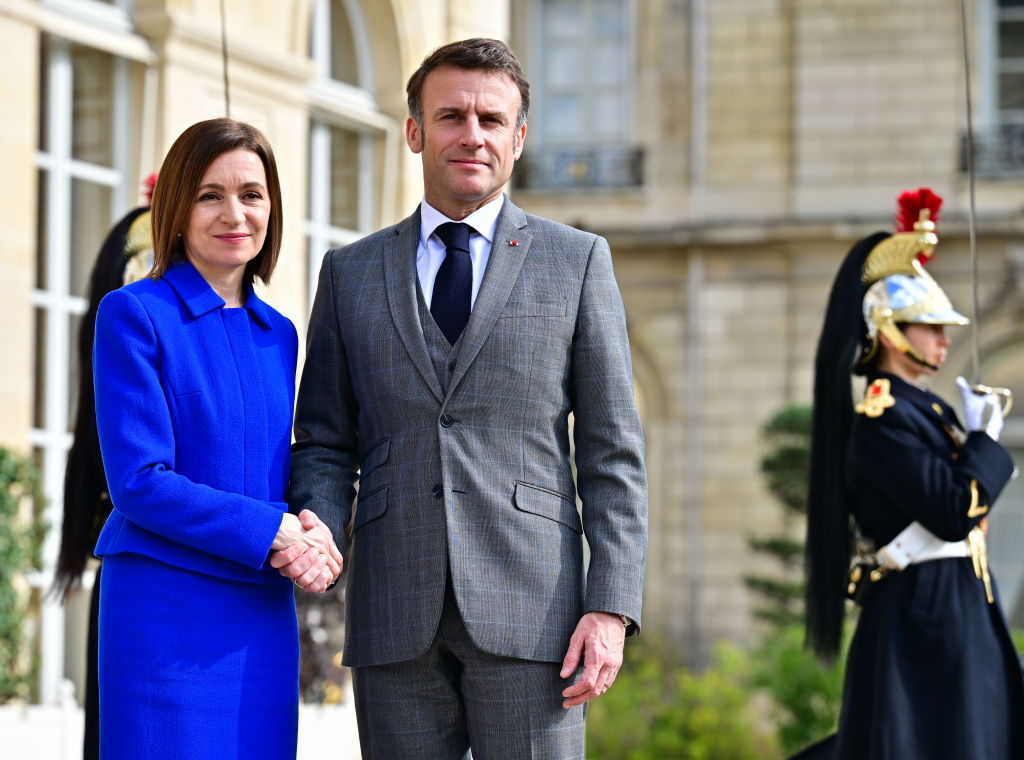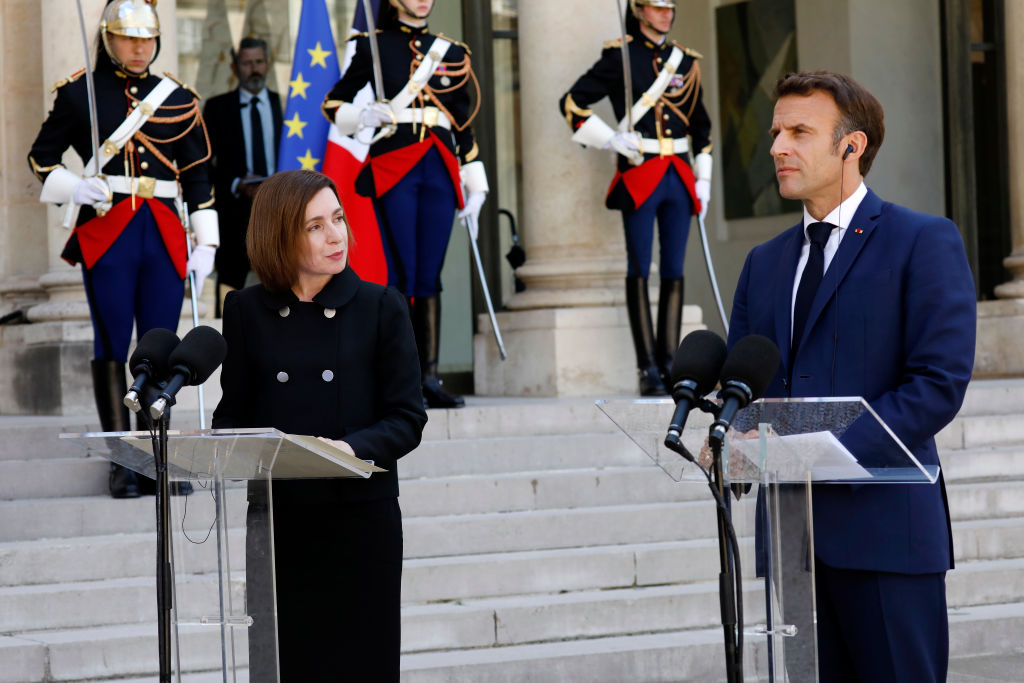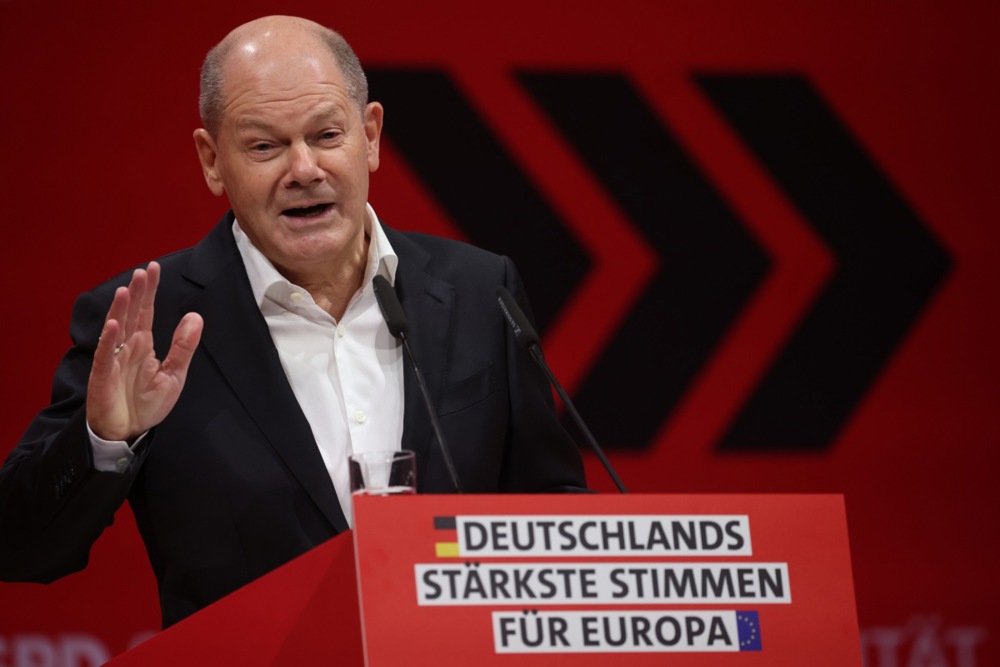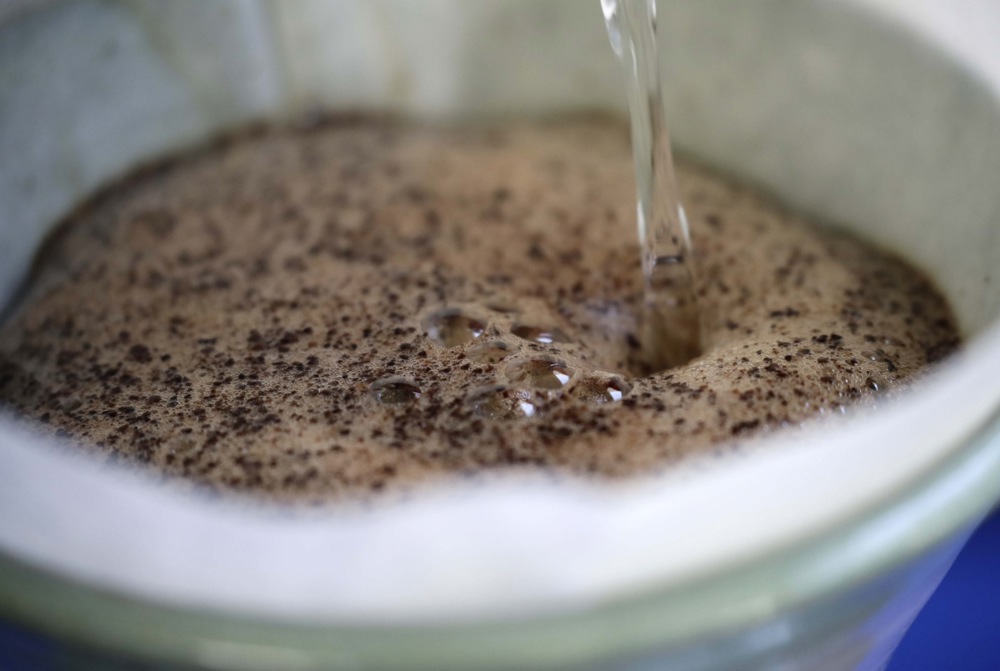The leader of Moldova’s leftist opposition urged voters on Thursday to boycott a referendum on backing the country’s drive to join the European Union, saying pro-European President Maia Sandu was using the plebiscite to help her win re-election.
Sandu has denounced Russia’s war in Ukraine and identified Moscow and endemic corruption as the biggest threats to the sovereignty of ex-Soviet Moldova, one of Europe’s poorest countries lying between Ukraine and EU member Romania.
She has made EU membership the cornerstone of her policies and called the plebiscite, likely to take place in October, at the same time as a new presidential election.
“We are categorically opposed to this referendum. We are not saying ‘no’ to talks with the EU and we are not opposed to the EU,” Igor Dodon, Socialist Party chief and Moldovan president until his 2020 election loss to Sandu, told Exclusiv TV.
“We oppose Sandu using it as an instrument for her own interests and those of her party. We are therefore asking voters during the campaign not to take part in the referendum.”
Dodon, a chess grandmaster, maintains the close ties he forged with Moscow during four years in office and says Sandu’s focus on the EU is harming Moldova’s interests in the region.
Polls credit Sandu with 35.1 per cent first-round support if an election were held today to 15.8 per cent for Dodon.
They also say that 50.9 per cent of respondents believed that EU membership would improve Moldova’s economic prospects, while 30.4 per cent believed the opposite. The EU last December agreed to start membership talks with both Moldova and Ukraine.
Sandu told a meeting with small business owners on Thursday that Moldovans would live better inside the EU.
“Joining the EU is the best thing we can give this and future generations,” she said.
Parliament speaker Igor Grosu said the plebiscite was a chance for Moldovans to “show loudly and clearly that we are Europeans. … We are not entering Europe, we are returning to it.”
Urban voters last year demonstrated their support for the EU campaign by turning out for a mass rally, but support outside the capital is less certain.
In local elections last November, Sandu’s Party of Action and Solidarity came first with 40 per cent of the vote but failed to win mayoral seats in major cities.
That poll was preceded by measures to bar candidates linked to an outlawed pro-Russian party led by fugitive businessman Ilan Shor, sentenced in absentia to 15 years in prison for fraud.





